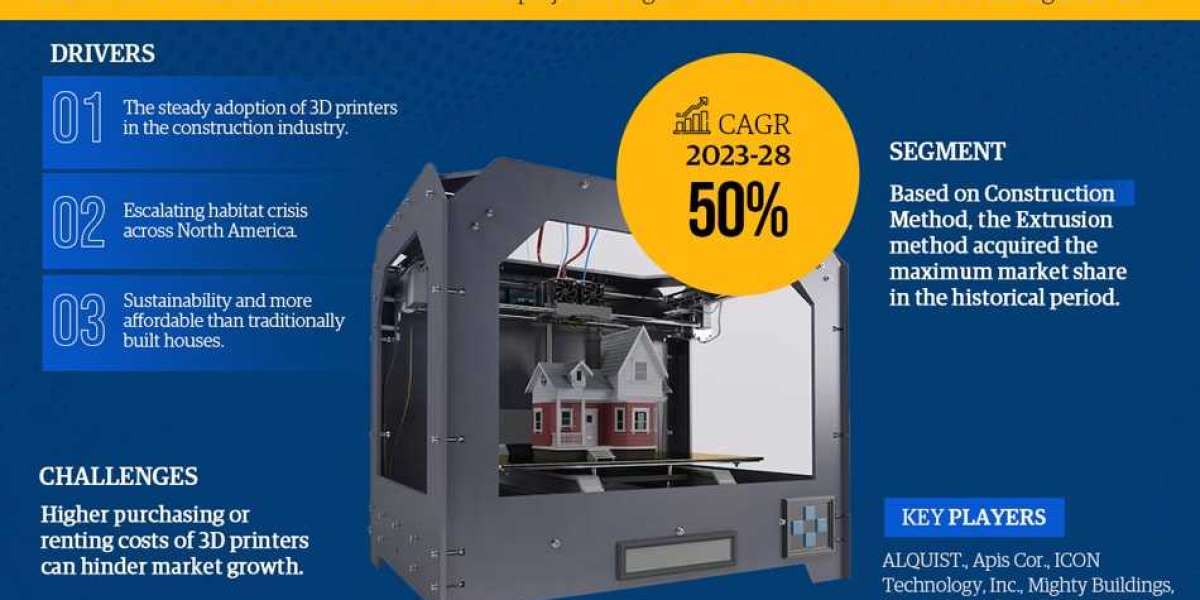Choosing the right shade solution for your outdoor area involves considering not just functionality but also aesthetics and long-term maintenance. Sunshades and pergolas represent two distinct approaches to outdoor shading, each offering unique benefits and considerations. Whether you prioritize modern versatility or timeless elegance, understanding the pros and cons of each option can help you make an informed decision that enhances your outdoor living experience.
Sunshades: Modern Versatility
Sunshades, often referred to as shade sails or sun sails, have gained popularity for their contemporary design and practicality. These sleek, minimalist structures are typically made from durable, weather-resistant fabrics such as polyester or HDPE (High-Density Polyethylene). They are designed to be stretched tautly between anchor points—like walls, poles, or columns—to create a canopy-like effect that provides instant shade.
Pros of Sunshades:
Flexibility: Sunshades can be installed in various configurations and adjusted to fit almost any outdoor space, from small patios to expansive gardens.
Modern Aesthetic: Their clean lines and customizable shapes add a modern touch to outdoor environments, complementing contemporary architecture and landscaping.
Quick Installation: Compared to pergolas, sunshade vs. pergola are relatively easy to install and require minimal construction. Depending on the complexity of the design and the number of anchor points, they can often be set up in a matter of hours.
Affordability: Sunshades are generally more cost-effective than pergolas, especially for smaller areas. The materials used are typically less expensive, and installation costs are lower due to the simplicity of the structure.
Portability: Some sunshade designs are portable, allowing you to adjust their location or remove them entirely if needed, making them ideal for renters or those who prefer flexibility.
Cons of Sunshades:
Durability Concerns: While modern materials like HDPE provide excellent UV protection and weather resistance, sunshades may require occasional replacement or maintenance to prevent sagging or tearing over time.
Limited Structural Definition: Unlike pergolas, which have solid posts and overhead lattice structures, sunshades do not provide the same architectural definition or permanent fixture feel in outdoor spaces.
Maintenance Requirements: Depending on the fabric used, sunshades may require regular cleaning and re-tensioning to maintain their appearance and effectiveness against the elements.
Limited Shade Control: Sunshades provide shade primarily from above and may not offer the same level of adjustable shade control as pergolas with adjustable louvers or retractable canopies.
Pergolas: Timeless Elegance and Structural Integrity
Pergolas have long been favored for their classic appeal and functional benefits in outdoor settings. These structures typically consist of vertical posts supporting an open lattice or crossbeam roof, often made from materials like wood, vinyl, or metal. Pergolas are designed to create shaded areas that blend seamlessly with natural surroundings while providing a defined space for relaxation and entertainment.
Pros of Pergolas:
Architectural Appeal: Pergolas add a touch of elegance and architectural interest to outdoor spaces, enhancing the overall aesthetic appeal of gardens, patios, and backyard areas.
Partial Shade: Unlike sunshades that provide full coverage, pergolas offer dappled shade, allowing filtered sunlight to create a pleasant ambiance while still offering protection from direct sunlight and heat.
Customization Options: Pergolas are highly customizable in terms of size, shape, and design elements. They can be tailored to fit specific space requirements and complement existing landscaping or architectural features.
Support for Climbing Plants: The open structure of pergolas provides support for climbing plants such as vines, roses, or wisteria, adding natural beauty, fragrance, and shade over time.
Property Value: Well-designed and maintained pergolas can increase the resale value of a property by expanding usable outdoor living space and enhancing curb appeal.
Cons of Pergolas:
Higher Cost: Pergolas typically require a larger initial investment compared to sunshades, especially for custom or larger designs. Costs can vary depending on materials chosen, size, and complexity of installation.
Installation Complexity: Depending on the size and design, pergolas may require professional installation to ensure structural integrity and durability over time. DIY installation can be challenging, especially for more elaborate designs.
Maintenance Requirements: Pergolas made from wood or metal require regular maintenance, including staining, sealing, or repainting to protect against weather damage, rot, or corrosion.
Fixed Structure: Unlike sunshades, pergolas are permanent fixtures in outdoor spaces and cannot be easily relocated or adjusted once installed. This lack of flexibility may not suit renters or those who prefer versatile outdoor layouts.
Choosing the Right Shade Solution
When deciding between a sunshade and a pergola for your outdoor space, consider your specific needs, aesthetic preferences, budget constraints, and long-term maintenance considerations. Both options offer distinct advantages and can significantly enhance your outdoor living experience, whether you prioritize modern functionality and flexibility with sunshades or timeless elegance and architectural appeal with pergolas.
By carefully weighing the pros and cons outlined above, you can make an informed decision that transforms your outdoor area into a comfortable and stylish retreat tailored to your lifestyle and preferences. Whether you opt for the sleek versatility of a sunshade or the enduring charm of a pergola, your choice will contribute to creating an outdoor sanctuary that you and your family can enjoy for years to come.

